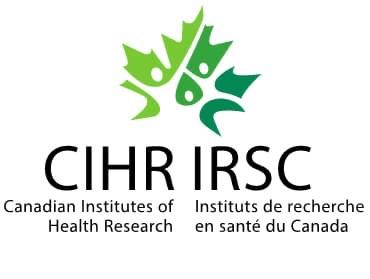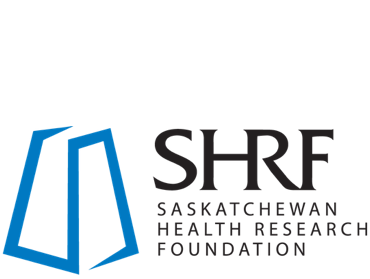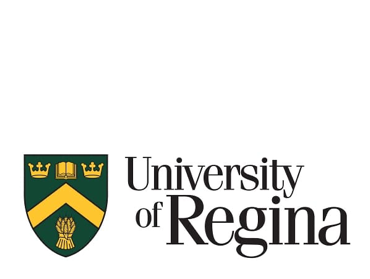COVID Survey Canada: Risk and Resilience of Post-Traumatic Stress and Growth During the COVID-19 Global Pandemic
TAGS: pandemics, psychology, emotional distress ·Principal Investigators: Dr. Renée El-Gabalawy (University of Manitoba), Dr. Kristin Reynolds (University of Manitoba) and Dr. Natalie Mota (University of Manitoba).
The COVID-19 pandemic presents unprecedented challenges that will likely result in increased mental health symptoms. It causes serious threats to people’s well-being, and may be associated with high degrees of perceived threat—a well-established predictor of posttraumatic stress. Physical distancing mandates may also elevate risk for mental health problems, due to increased risk for social isolation and economic hardship through loss of employment; and a growing body of research identifies illness as a traumatic stressor of PTSD (El-Gabalawy et al., 2018). For these reasons, individuals contracting COVID-19 may be at particularly high risk of adverse mental health outcomes; however, those not contracting COVID-19 may also be at elevated risk.
The health trajectory of populations already at risk for contracting COVID-19 are particularly concerning, given that those with chronic health conditions show higher rates of mental health conditions compared to the general population (El-Gabalawy et al., 2011). Though adverse mental health impacts of pandemics and other forms of collective societal trauma have received empirical attention, less is known about protective factors associated with decreased risk of psychological stress reactions following collective societal trauma.
Previously examined protective factors in this respect include social support, meaning-making from trauma, and spirituality; although mixed findings have emerged. Research also suggests that significant stress reactions are essential in experiencing post-traumatic growth, highlighting that subjective suffering may be a prerequisite of experiencing growth in the aftermath of trauma. This has not been thoroughly examined in the context of collective societal trauma.
The primary aims of the current study are therefore to examine risk and resiliency factors associated with acute stress, and COVID-19 predictors of post-traumatic stress and growth over time. We will examine these factors among 1) a community sample, 2) “medically vulnerable” individuals (i.e., those with medical morbidity including autoimmune dysfunction), and 3) pre- and postnatal women. Results will help to understand these factors among at risk groups, and whether they differ compared to the general population.
Read Full Publication

